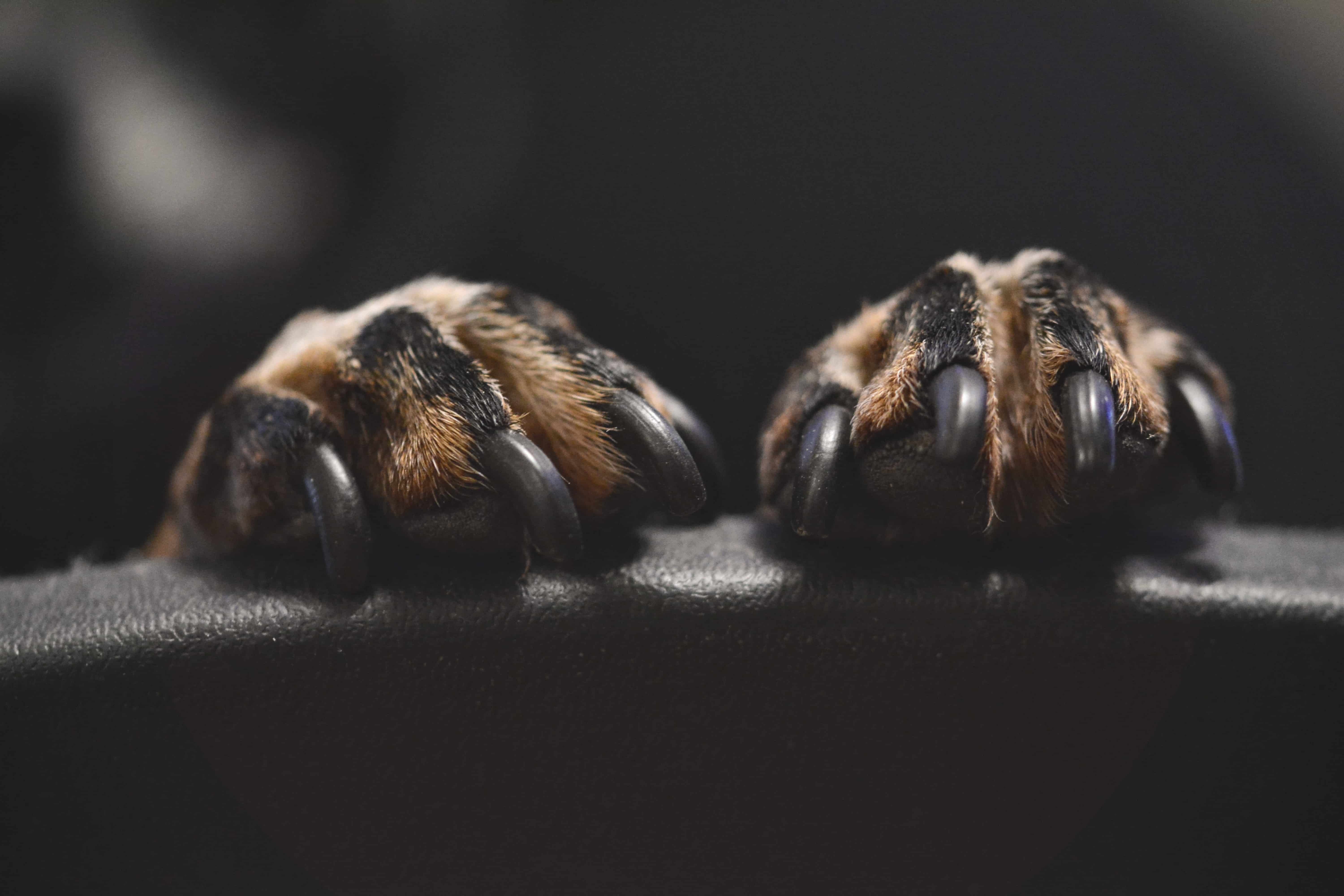Aging is a normal process, but as dogs move into their senior years, they can experience mental as well as physical problems. One such condition is CDS or Cognitive Dysfunction Syndrome. Like Alzheimer’s in people, pets with CDS develop memory loss, dementia and other abnormal behaviors.
CDS- Cognitive Dysfunction Syndrome
Outward signs reflect an aging brain and can manifest in many ways, some of which are:
- Location confusion in an otherwise familiar environment. For example, the dog may stand facing a wall or have difficulty finding the doggy door or get trapped in a corner or behind furniture. Also, the pet may start to wander around the house, yard or even outside the normal property boundaries.
- Signs of anxiety. Some dogs become more vocal, pace, pant, and whine. It may be worse when the pet feels alone, especially at night or when separated from the owner. Some dogs develop sundowner’s and sleeping patterns are disrupted. The dog may be agitated and restlessness as the evening and nighttime approach. This in turn can have a negative impact on the owner, who is trying to get a good night’s sleep.
- Learned and memorized behaviors may start to falter as the dog is less able to perform trained behaviors. A pet owner may notice that their dog is more distant and less interactive with them and family members; and less responsive to performing tricks or other trained responses and trained commands.
- Housetraining accidents may become more frequent.
In the early stages of CDS a pet owner may attribute minor changes to simply getting old, but oftentimes the progressive decline continues, and more noticeable behavioral changes occur.
What causes CDS?
The brain is shrinking from brain cell death. The loss of cells, along with the decrease of a neurotransmitter chemical called dopamine, hinders the brain’s intricate communication network from operating effectively. Additionally, some parts of the brain may be damaged by the buildup of a plaque made of amyloid protein, while other areas may become deprived of oxygen due to inflammation or infarcts.
Is there treatment for CDS?
Dogs with CDS may benefit from one or more of the following:
- Medication. The most commonly prescribed medication is L-Deprenyl (also known as Anipryl or Selegeline). This medication boosts the communication between nerve cells by delaying the uptake of a neurotransmitter called dopamine.
- Diet Support. A senior dog has specific nutritional requirements and a senior with CDS needs additional supplementation to support brain function. Fortunately, there has been major gains in pet nutrition and now there are several commercially available diets designed to address these needs. They contain added omega 3 fatty acids, antioxidants, and other beneficial supplements, as well as a completely balanced nutritional profile.
- Environmental enrichment. You can teach an old dog new tricks especially if their sensory functions (vision and hearing) are still adequate. There is a plethora of advice, resources, and tools available to help engage and stimulate the senior dog’s interaction with the pet owner and teach them learn new skills. Even if other sensory functions are diminishing, tactile stimulation can be a reliable way to help keep your pet connected.
- Safeguard the environment to keep the dog from getting trapped or injured. Restricting access to areas (pet gates, etc.); while easing access to safe areas (through the use of ramps, doggy steps). Adding low lighting with night lights can also help the pet navigate the environment at night.
- Good hygiene. The vigilant task of cleaning up soiled areas around the house and keeping a dog with CDS clean of excrement falls on the shoulders of the owner, but it is vital to maintain both sanitation and the quality-of-life for a pet.
What is the prognosis for CDS?
There is no cure for CDS, but as with many conditions early intervention matters. The bond between a dog owner and their senior canine companion is one to be cherished, so it is important to try and avail oneself of any tool that helps maintain that bond. At DR 4 PETS we encourage pet owners to partner with their veterinarian through regular scheduled checkups, which will help monitor your senior dog and provide resources to intervene at the first signs of a problem. When however, the implemented measures no longer support a good quality-of-life and it is time to say goodbye, we want to be there to help. We specialize in compassionate and dignified in-home pet euthanasia; servicing areas specific areas of southern California, such as Thousand Oaks, Moorpark, Simi Valley, Camarillo, Ventura. Agoura and some neighboring communities. Give us a call at: (805) 494-3339 or visit our website at https://dr-4-pets.com.


